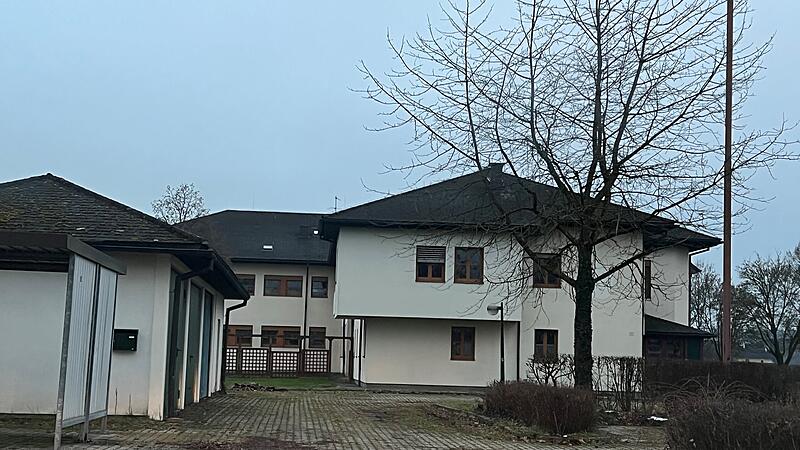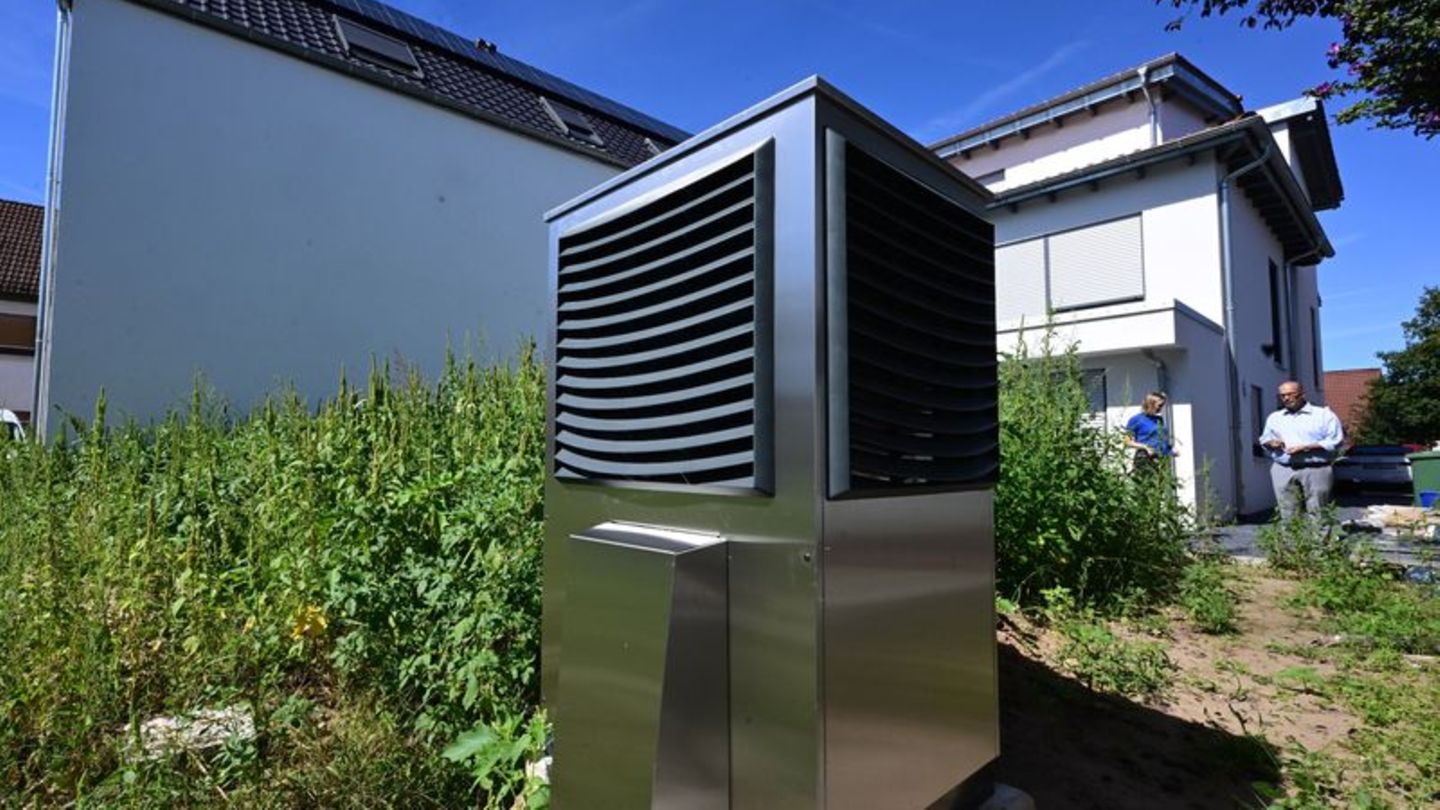Image: mala
15 to 20 asylum seekers are moving into the former vocational school in Braunau this afternoon. As reported, the Federal Agency for Care and Support Services rented the building from a private owner. A five-year contract was signed. The new accommodation will be ramped up gradually, the maximum occupancy is given as 100 people, said refugee coordinator Andreas Achrainer at a press conference on Monday. “We also rely on round-the-clock care at this facility,” he emphasized. A contact person will always be available, one is in constant contact with the blue light organizations, the city officials, the neighbors (including the HAK Braunau), in the sense of a “good neighbor”.
The asylum seekers who come to Braunau come from classic initial reception centres. The former vocational school will not become her long-term home, says Achrainer. “People are waiting for their asylum decision or for transfer to basic state care, i.e. to smaller accommodations.” The length of stay is difficult to measure in days, he emphasized, but it is not long. Nevertheless, one offers values and German courses. In the care facility, with the help of security staff, social workers, psychologists and nursing staff, the residents are also given a structured daily routine. “There are strict house rules that everyone has to follow. This also means that you have to be present at the accommodation between 10 p.m. and 6 a.m.,” said Achrainer. There are strict entry and exit controls, you will always know who is in the facility and who is not. This is also a protective measure for the asylum seekers themselves.
If anything is exceeded, the refugee coordinator assured that there would be an immediate response. There is always a contact person available, direct contact is used. Experience has shown that excess alcohol levels are in the alcohol range, and most of the time these are violations of the house rules. Experiences with similar quarters throughout Austria – the BBU operates a total of 30 – would show that neither an increase in criminal activities nor social problems in the neighborhood are to be expected. “The asylum seekers know that even violations of the house rules have an impact on their asylum procedures,” emphasizes Achrainer. Because these are also reported.
Mayor Hannes Waidbacher emphasized again at the press conference that he had spoken out against this location, which OÖN reported. However, the municipality had no options for action. “The enlightenment of the BBU has helped to calm me down,” he summed up. “It is in the interests of all of us to maintain peaceful coexistence,” said Waidbacher. In 2015, around 150,000 people were cared for in the city of Braunau. “There weren’t any big events back then,” he said. He now relies on constructive cooperation, but also understands the fears of the population. Waidbacher regrets the lack of solidarity in the other communities in the Braunau district: out of 46 communities, only six accept asylum seekers.
Source: Nachrichten




